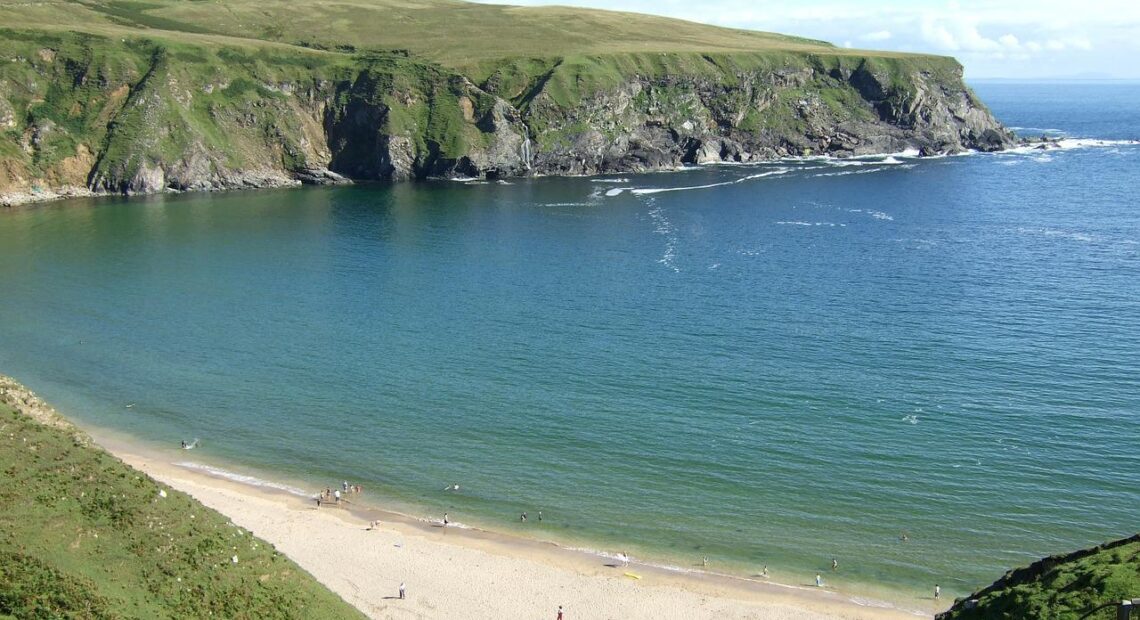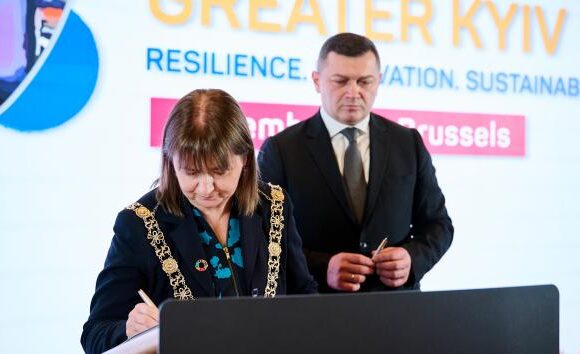In the lead up to the Easter bank holiday weekend, the Coast Guard, RNLI and Water Safety Ireland have issued a joint water safety appeal and are asking people to take some basic precautions to stay safe when they visit the coast or participate in water activities, be it coastal or inland. The organisations also extended a warm welcome to new residents and visitors to the island, many of whom may not be familiar with tides and Irish sea conditions and encourage them to seek local advice before engaging in any water or coastal activities.
Water temperatures are still very cold at this time of year and Cold-Water Shock can affect everyone. To avoid this, people should acclimatise to the water slowly to get used to the cold. The Coast Guard, RNLI and Water Safety Ireland advise everyone intending to take part in any water-based activity or coastal walks to make sure they check in advance what they should do to keep safe.
If heading out on the water or visiting the coast:
- Always check the weather and tides
- Carry a reliable means of raising the alarm (that is, phone or VHF radio)
- Tell someone where you are going and what time you will be back
- Wear a suitable Personal Flotation Device on the water
- Watch out for incoming tides to avoid getting cut off
If you are swimming:
- Water temperatures are still cold at this time of the year, consider wearing a wetsuit to stay warm
- Acclimatise slowly
- Wear a bright swimming cap and consider a tow float to increase your visibility
- Never swim alone and always ensure that your activity is being monitored by a colleague
Irish Coast Guard Operations Manager Micheál O’Toole said, “many people will take the opportunity of the Easter long weekend to visit the coast and take part in coastal or water-based activity. Having some basic water safety knowledge in advance could make an enormous difference and even save a life. People need to be mindful that the water is very cold at this time of year, and it is easy to be caught out by tides.”
“We extend a special welcome to members of the Ukrainian community, and we are mindful that they may be unfamiliar with Irish tides and local currents. We would encourage the wider public to be mindful of this risk and be alert to people recreating in unsuitable areas, especially in areas that can become isolated with changing tidal conditions.”
RNLI Water Safety Lead, Kevin Rahill added, “by taking a few simple steps, everyone can reduce the risk of an accident in or near the water. If you fall in unexpectedly, remember to ‘Float to Live’ – lie on your back and spread your arms and legs, gently moving them to keep afloat. Keep floating until you feel your breath coming back before calling for help or swimming ashore if nearby.”
For visitors and people new to our shores, the RNLI have a range of translated safety resources in many languages which are available to download.
Water Safety Ireland’s Acting CEO, Roger Sweeney, cautions that it is better to be safe than sorry, “Easter is a time when many people enjoy their first swim of the year, but Lifeguards have not yet started the patrols that rescue hundreds every season. Swim with others and keep it short, pay attention to local authority signs, and help to keep Ukrainians in your community safe by prompting them to the translated advice at www.watersafety.ie/ukraine.”
If you see somebody in trouble on the water or along the coast, or think they are in trouble; Dial 112 or use VHF radio CH 16 and ask for the Coast Guard.













